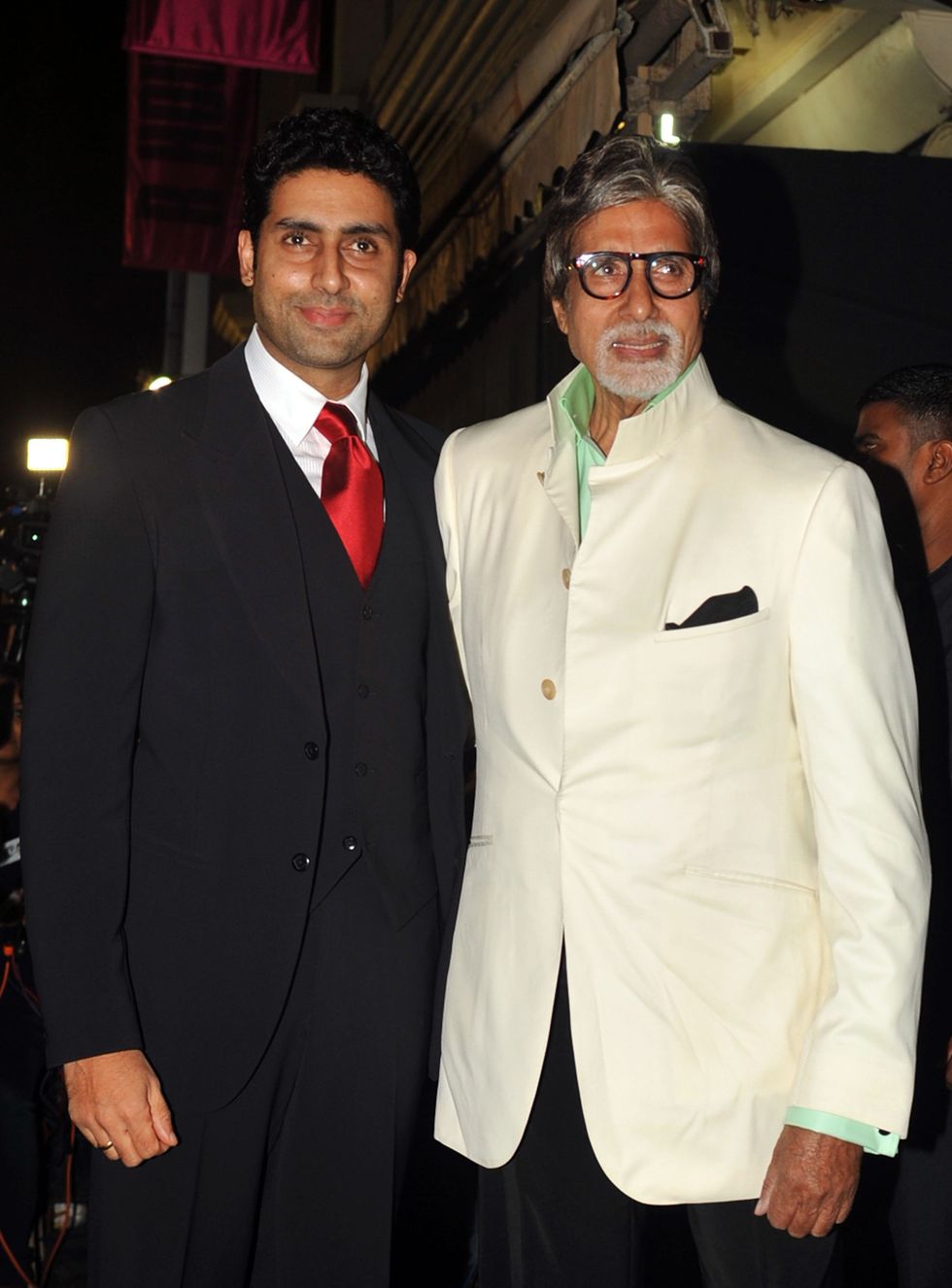John Locke (1632-1704) - A British philosopher and also a physician who is known as the father of Liberalism. He was the first philosopher to define, narrate the self through a continuity of consciousness. His works contributed significantly for the knowledge branches such as political philosophy, epistemology, and education. His works to the field of philosophy significantly influenced other philosophers such as Voltaire and Rousseau. As a political theorist, his contribution to classical republicanism and liberal theory later took a place in the United States Declaration of Independence. John Locke’s ‘Two Treatises of Government’ is a notable work on political theory. Locke’s book ‘Some Thoughts Concerning Education’ provided a direction on how to improve the education system in England. Later, this work turned into an important philosophical work on education and was translated all major European languages within a time span of 100 years.
Bertrand Russell (1872- 1970) - He is an English philosopher, mathematician, historian, writer, political activist, and a Nobel laureate. In the initial period of the 20th century, Russell led the English revolt against idealism. He is also regarded as one of the founders of analytic philosophy. ‘Russell’s Paradox’ is Russell’s first major work. However, he is well known for his work, ‘A History of Western Philosophy’ published in 1945. The work analyses the Western philosophy from the pre-Socratic period to early period of the 20th century. The work is a milestone in the history of philosophy and it remains in print since its first publication. In 1950, Russell honoured with the Nobel Prize in literature in recognition of his significant works in which he champions humanitarian ideals and freedom of thought.
Thomas Hobbes (1588-1679) - He is regarded as one of the founders of modern political philosophy. He is famous for his 1651 book ‘Leviathan’, which elaborated an important formulation of social contract theory. Hobbes is one among the founders of materialism in philosophy. His perspective on human nature as self-interested cooperation also proved to be an enduring theory in philosophical anthropology. The book ‘Leviathan’ also provides a foundation for number Western political philosophies taking into account the perspective of social contact theory. Hobbes is a noted author for his excellence of absolutism for the sovereign. Hobbes was also established some fundamentals of European liberal thought. The philosopher is also noted for his works on a group of areas such as,history, physics, theology, political science, ethics, and others.
John Stuart Mill (1806-1873) - He is a noted British philosopher for his works on the concept of liberty. Besides his works on philosophy, he is noted as an economist and a political theorist. Mill was one of the first thinkers to justify the freedom of the individual against state control. He is one among the first who advocated suffrage. Mill was one of the advocater of utilitarianism, an ethical theory established by his predecessor Jeremy Bentham. ‘On Liberty’, a major work of Mill was published in 1859. The work is an attempt to apply his ethical system of utilitarianism to society and tries to define the relationship between the authority and liberty. He had cleared the fact that his concept has some exceptions where despotism is a legitimate mode of government in dealing with barbarians.
Herbert Spencer (1820-1903) - One of the greatest philosopher of the 19th century. Besides his works on philosophy, he is also known for his works on sociology, biology, anthropology, and political theory. In 1902, Spencer was nominated for the Nobel Prize for literature. He was an opponent of imperialism and his works influenced many number of notable personalities, including Charles Darwin, Henry Sidgwick, Henri Bergson, and others. Spencer’s major work ‘The Man Versus the State’, was published in 1884. The work has divided into four major chapters ‘The New Toryism’, ‘The Coming Slavery’, ‘The Sins of Legislators’ and ‘The Great Political Superstition’.





 Priyanka Chopra and Nick Jonas photographed at the Wimbledon 2025Getty Images
Priyanka Chopra and Nick Jonas photographed at the Wimbledon 2025Getty Images  John Cena, Shay Shariatzadeh, Priyanka Chopra and Nick Jonas at Wimbledon 2025Getty Images
John Cena, Shay Shariatzadeh, Priyanka Chopra and Nick Jonas at Wimbledon 2025Getty Images  Ilya Naishuller, Priyanka Chopra and John Cena attend the special screening for "Head of State" Getty Images
Ilya Naishuller, Priyanka Chopra and John Cena attend the special screening for "Head of State" Getty Images










 Abhishek Bachchan reveals Amitabh crushed him with brutal remark during Sarkar shootGetty Images
Abhishek Bachchan reveals Amitabh crushed him with brutal remark during Sarkar shootGetty Images  Amitabh Bachchan told me I cannot deliver dialogues Abhishek recalls painful Sarkar momentGetty Images
Amitabh Bachchan told me I cannot deliver dialogues Abhishek recalls painful Sarkar momentGetty Images Abhishek Bachchan opens up about working with Amitabh Bachchan on SarkarGetty Images
Abhishek Bachchan opens up about working with Amitabh Bachchan on SarkarGetty Images Abhishek Bachchan says Amitabh humiliated him after one line went wrong on Sarkar setGetty Images
Abhishek Bachchan says Amitabh humiliated him after one line went wrong on Sarkar setGetty Images  Abhishek Bachchan says Amitabh left him shaken after first scene together in Sarkar Getty Images
Abhishek Bachchan says Amitabh left him shaken after first scene together in Sarkar Getty Images 
 BTS attends 102.7 KIIS FM's Jingle Ball 2019 Getty Images
BTS attends 102.7 KIIS FM's Jingle Ball 2019 Getty Images  K-pop band BTS's members RM and V react after being discharged from a mandatory military serviceGetty Images
K-pop band BTS's members RM and V react after being discharged from a mandatory military serviceGetty Images  V, Suga, Jin, Jungkook, RM, Jimin and J-Hope of BTS attend the 64th Annual GRAMMY AwardsGetty Images
V, Suga, Jin, Jungkook, RM, Jimin and J-Hope of BTS attend the 64th Annual GRAMMY AwardsGetty Images 

 Sean "Puffy" Combs arrives at New York State Supreme Court in New York city 29 February, 2000Getty Images
Sean "Puffy" Combs arrives at New York State Supreme Court in New York city 29 February, 2000Getty Images  Jury reaches partial verdict in Diddy trial but stalls on racketeering charge Getty Images
Jury reaches partial verdict in Diddy trial but stalls on racketeering charge Getty Images  Sean "P. Diddy" Combs performs during taping for the opening of the MTV Beach HouseGetty Images
Sean "P. Diddy" Combs performs during taping for the opening of the MTV Beach HouseGetty Images Sean "Puffy" Combs arrives at Manhattan Supreme Court February 28, 2001Getty Images
Sean "Puffy" Combs arrives at Manhattan Supreme Court February 28, 2001Getty Images Marc Agnifilo, attorney for Sean "Diddy" Combs, arrives at federal court Getty Images
Marc Agnifilo, attorney for Sean "Diddy" Combs, arrives at federal court Getty Images